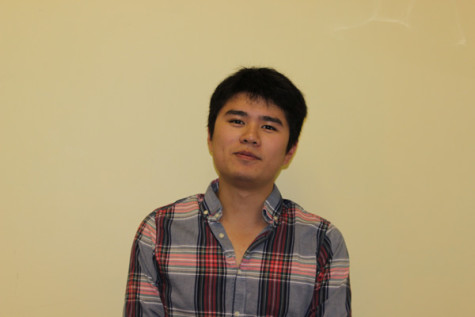Pitt-Johnstown students may know that he or she may not retake classes in which the grade received was a C average or above, but Pitt-Oakland does not have such a rule.
During the Pitt-Johnstown Jan. faculty senate meeting, the issue was brought to discussion, and most agreed with having such a rule – amongst them was Academic Affairs Assistant Vice-President Paul Douglas Newman.
Newman said his philosophy is that, when a student performs in a satisfactory manner – a C or better in UPJ — they may not repeat that class for purposes of boosting their GPA.
“The reason to repeat a class,” said Newman, “is to repair academic failure, or an unsatisfactory level of performance.
“I require students who, after a suspension, to repeat (classes in which they have received an) F, so they raise their GPAs to above a 2.0, and thus get off probation.”
Newman also said that a 2.0 GPA is a graduation standard.
“Sometimes, and I usually don’t, I recommend that they retake even (classes they have received) D’s. Even though a D is unsatisfactory, it is credit – even if it is a D.”
Newman said his belief is that, by retaking a D, students are risking possibilities of failing this time around, and thus losing the credit.
“It’s based on risk-assessment,” he said.
There was a recent incident, which was also brought up during the faculty senate meeting, of a student repeating a B striving for an A. Newman said a B is considered above average, and does not endorse the practice.
“We operate (in UPJ), with $36 million in-state and federal aid. Some students get it, some don’t. But we have to report from our offices on a regular basis to federal authorities about our academic policies and how we are upholding them.
“One of them is this course repeat (rule). When you take money from a federal agency as a grant,” he paused, pounded slightly on his table, and then continued, “You are supposed to use that money to progress to graduation. Not to use to raise your GPA.”
Newman also said, like many other faculty members, he does not understand why Pitt-Oakland does not have similar class-repeating rules.
According to Pitt-Oakland’s General Academic Regulations website it does, in fact, have a course repeating rule; just at a much rigorous scale.
Pitt-Oakland allows only courses students received a B- or lower to be repeated; and only if they have received authorization by the student’s advisor or department.
The university also does not allow courses to be repeated more than twice.
Pitt-Johnstown senior Gatumi Aliyu saidthat it should be the student’s choice to repeat courses.
“It should be (the student’s) choice, since we do pay money,” he said.

